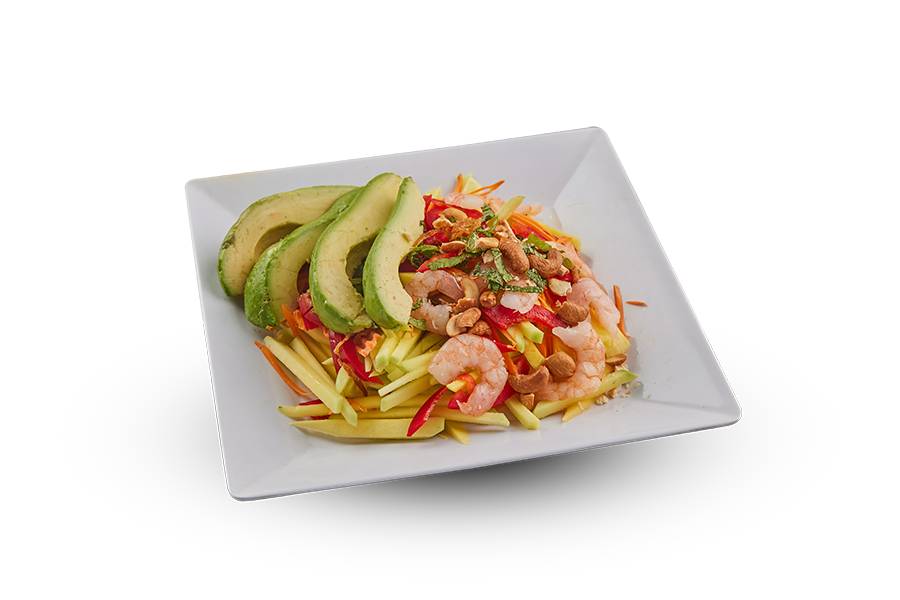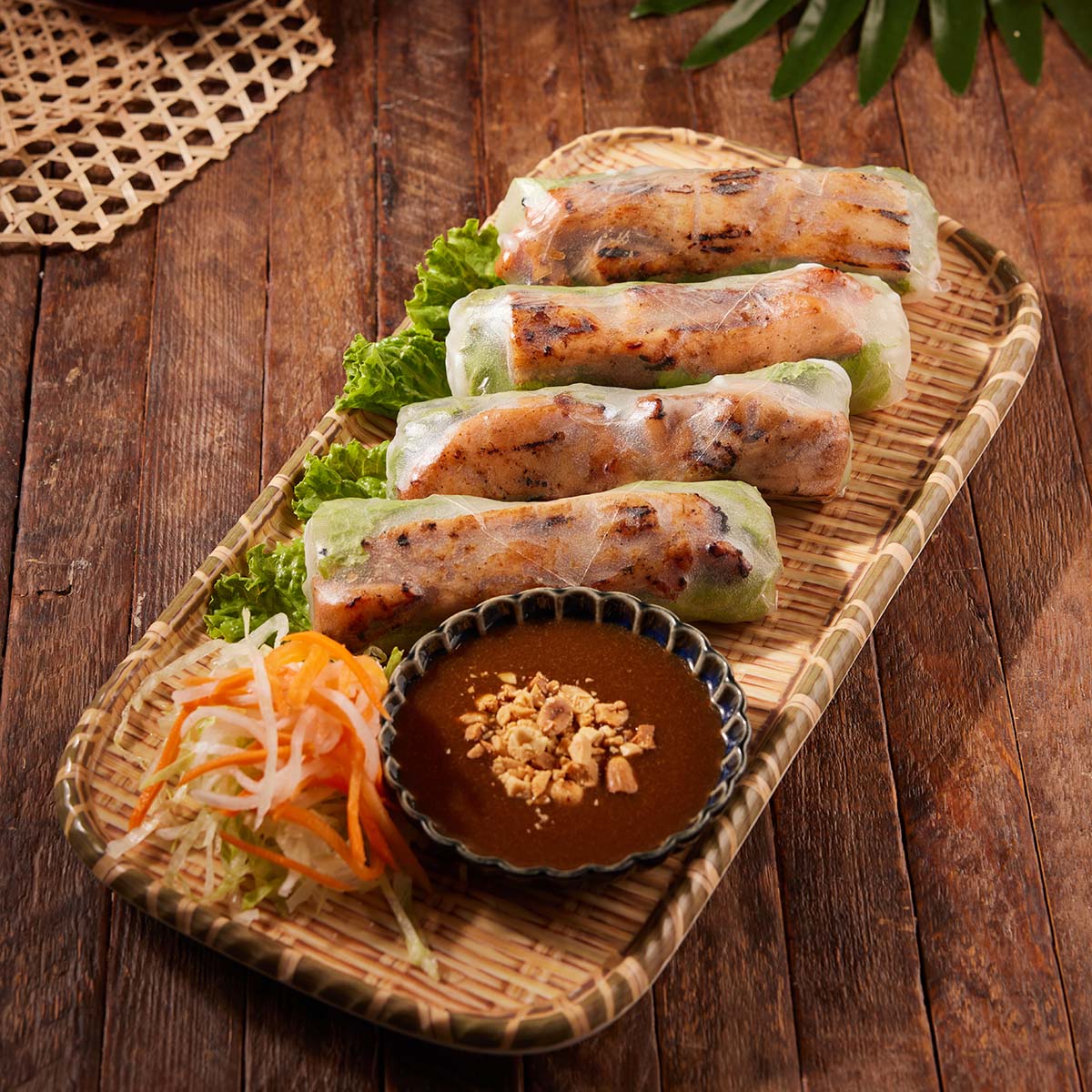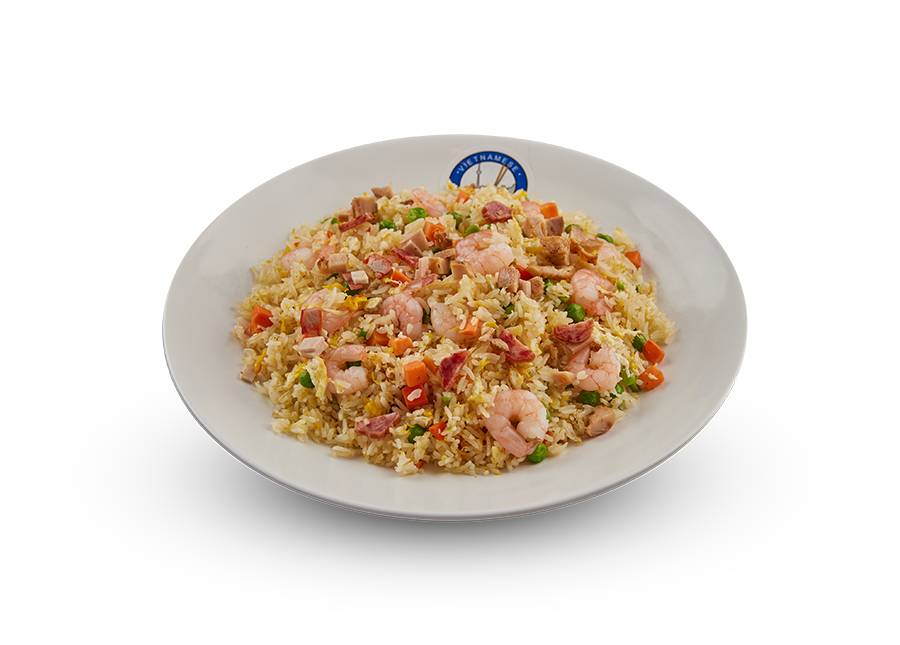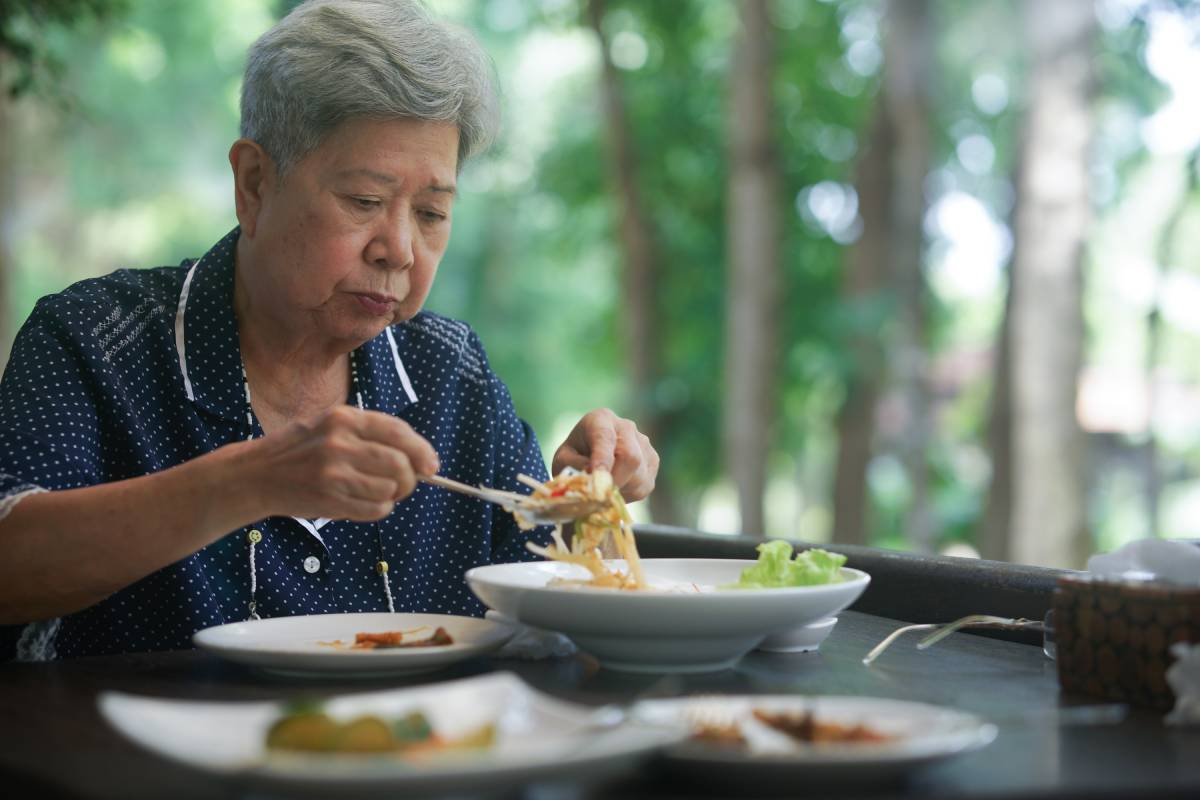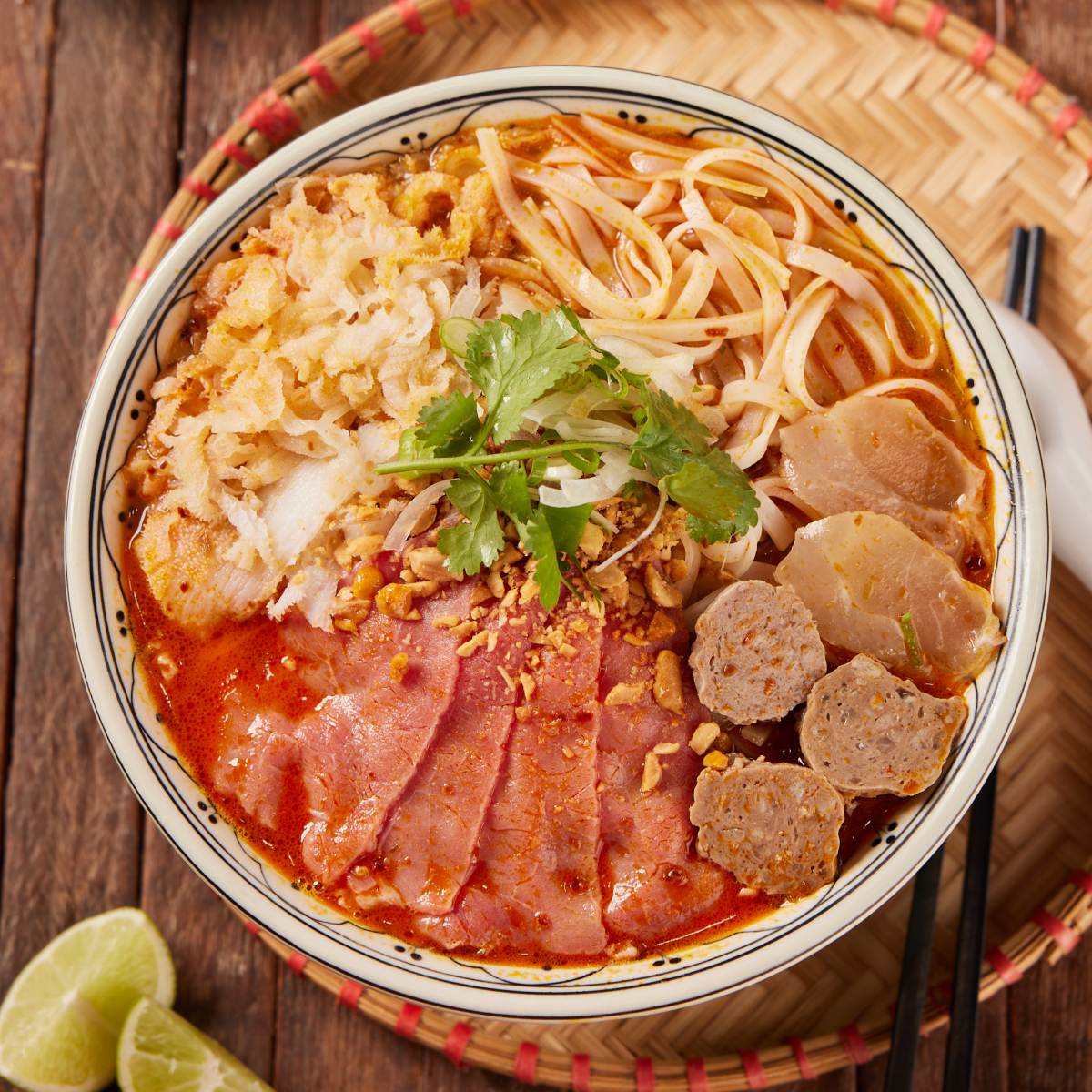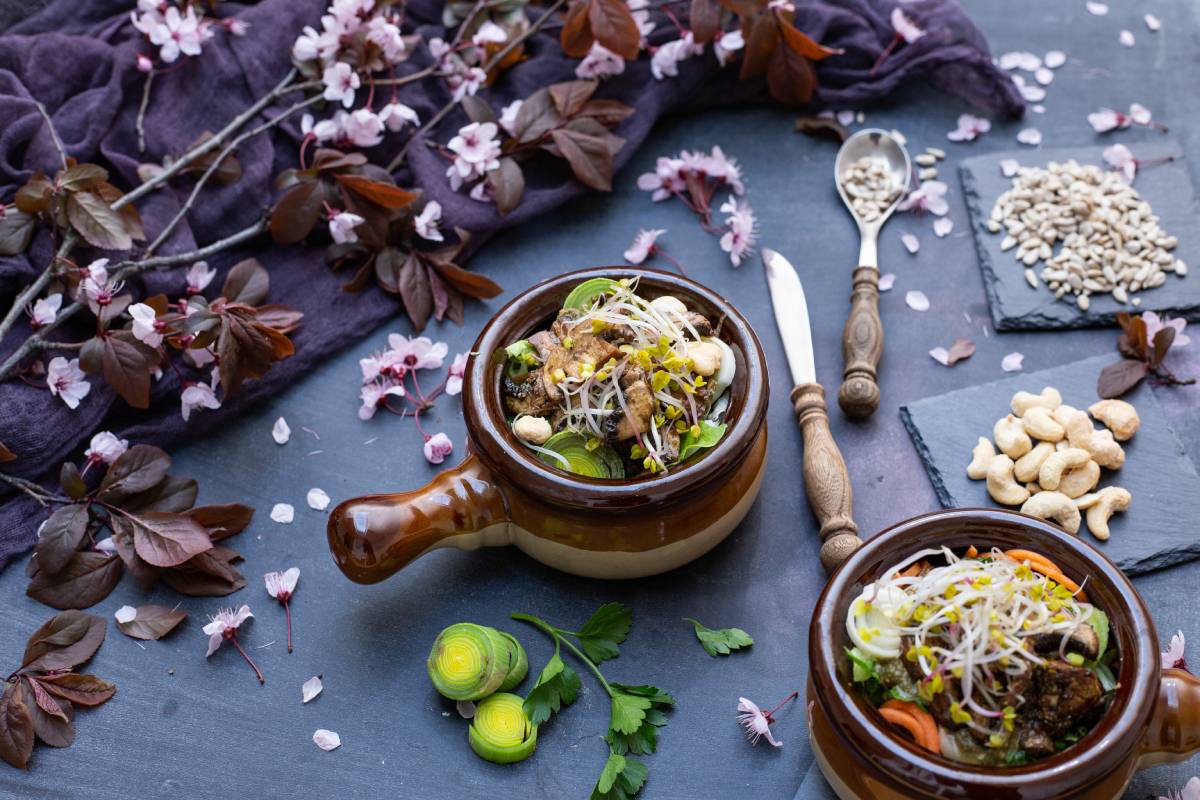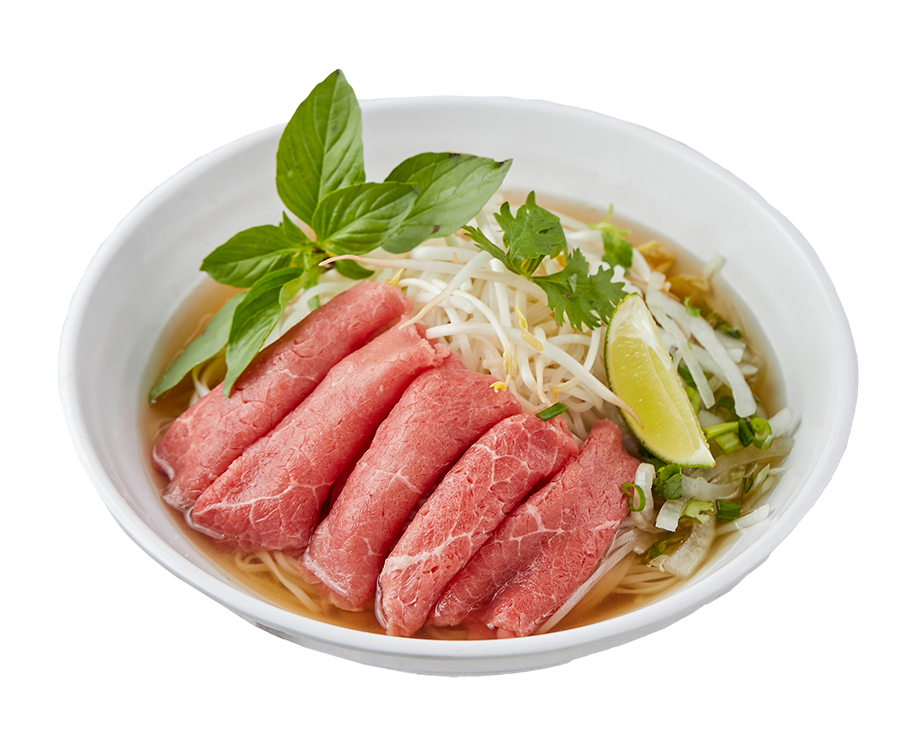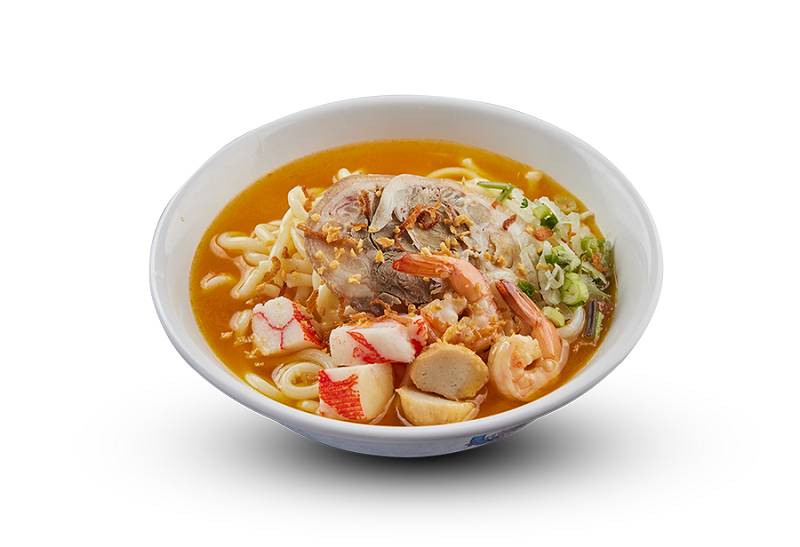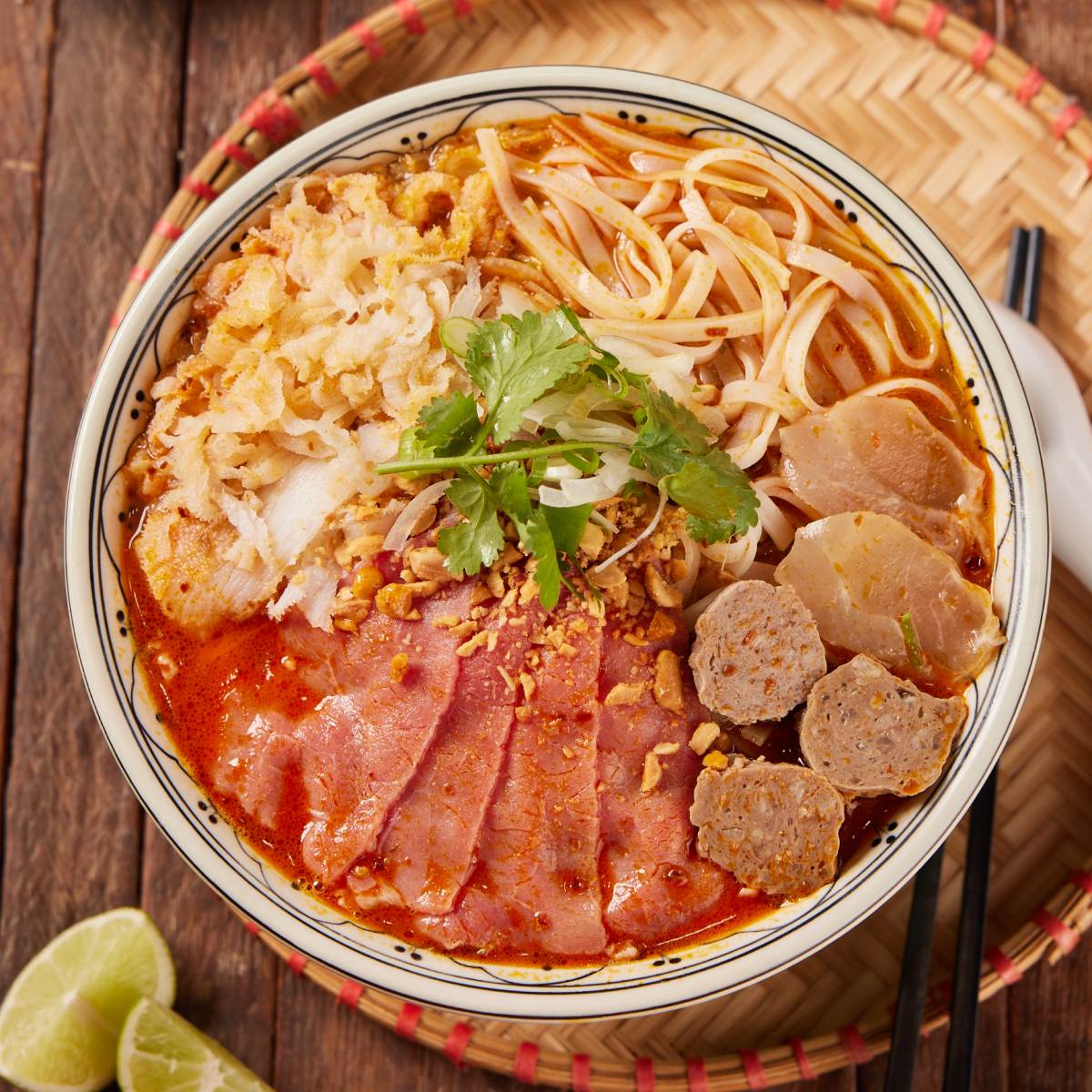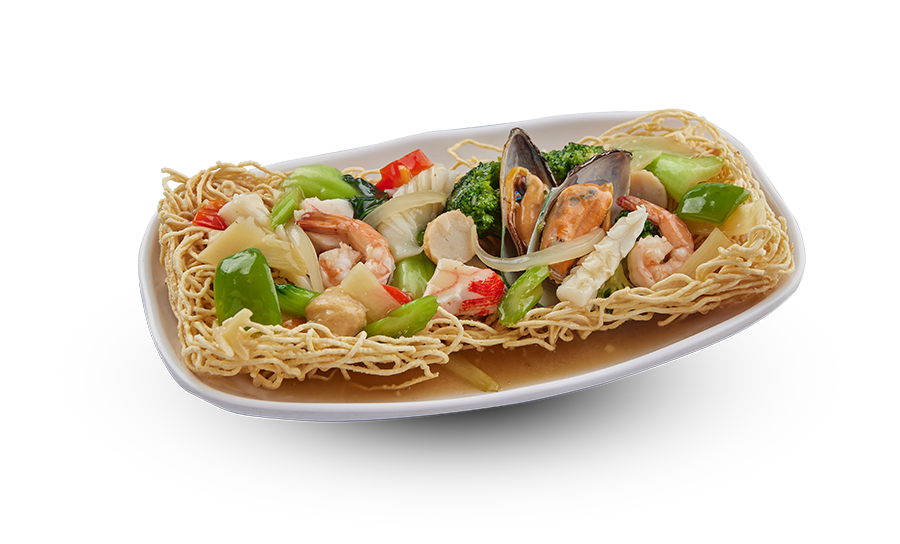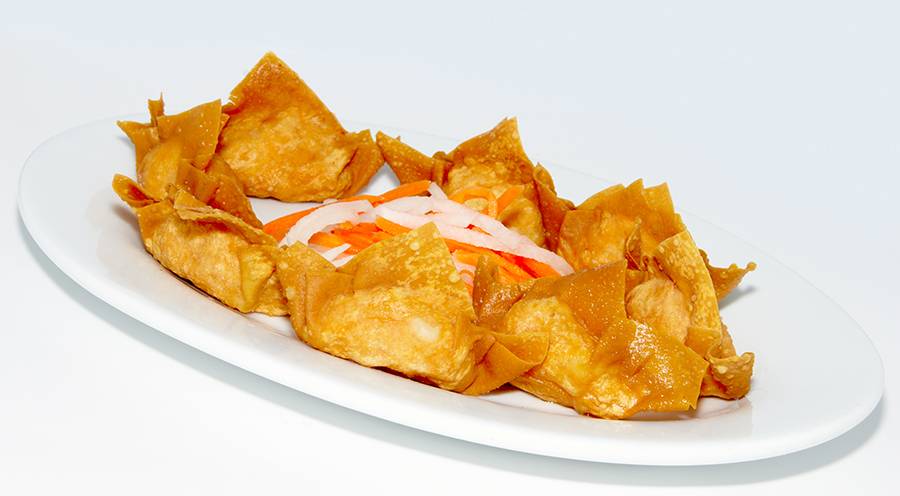Understanding Digestive Issues and IBS
Before diving into specific dishes, it's important to understand digestive issues and IBS. Irritable bowel syndrome is a common gastrointestinal condition that can cause symptoms such as bloating, abdominal pain, diarrhea, constipation, and gas. For those with IBS or sensitive stomachs, certain foods can trigger symptoms. Common culprits include high-fat meals, spicy foods, dairy, and ingredients rich in fermentable oligosaccharides, disaccharides, monosaccharides, and polyols (FODMAPs).
Vietnamese cuisine, known for its simplicity and reliance on fresh, wholesome ingredients, offers plenty of options for individuals with these dietary concerns. By choosing wisely, you can enjoy flavorful meals without compromising digestive health.
Key Features of Vietnamese Cuisine for Digestive Wellness
- Fresh Herbs and Vegetables
Vietnamese dishes often incorporate fresh herbs such as mint, cilantro, and basil, as well as vegetables like cucumber, lettuce, and bean sprouts. These ingredients are rich in fiber, which promotes healthy digestion when consumed in moderation. - Lean Proteins
Grilled or steamed proteins like chicken, fish, shrimp, and tofu are common in Vietnamese dishes. These are lower in fat and gentler on the stomach compared to fried or heavily seasoned meats. - Rice-Based Staples
Vietnamese cuisine relies on rice noodles, steamed rice, and rice paper, which are gluten-free and easy to digest for most people. These staples provide a gentle energy source for those with sensitive stomachs. - Low-Dairy Content
Traditional Vietnamese cuisine uses little to no dairy, making it suitable for individuals who are lactose intolerant or find dairy difficult to digest. - Flavorful but Mild
While some Vietnamese dishes can be spicy, many rely on natural flavor enhancers like lime juice, ginger, and fish sauce, which are easier on the digestive system than heavy spices.
Vietnamese Dishes Suitable for Digestive Issues
-
Phở (Vietnamese Noodle Soup)
Phở is a soothing option, especially when prepared with lean protein like chicken (phở gà) or tofu. The broth is typically made from bone stock, simmered for hours to extract nutrients, and flavored with mild spices such as star anise and cinnamon. To make it more digestive-friendly:
- Avoid adding chili or spicy sauces.
- Use rice noodles, which are gentle on the stomach.
- Opt for toppings like bean sprouts and fresh herbs in moderation.
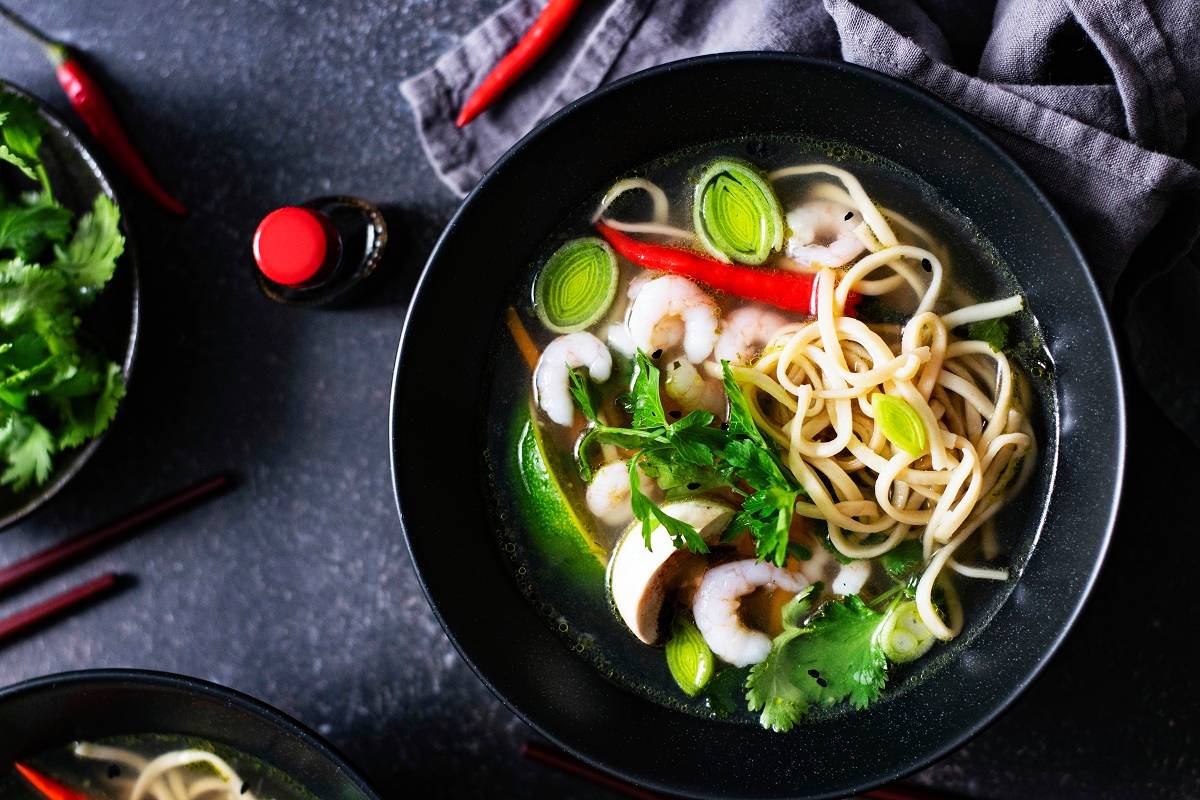
-
Gỏi Cuốn (Fresh Spring Rolls)
Fresh spring rolls are made with rice paper wrappers filled with lean protein (shrimp or tofu), fresh vegetables, and herbs. They are served with a mild dipping sauce like peanut sauce or a tangy fish sauce blend. Their raw vegetable content supports digestion while the rice paper is light and easy to digest.
-
Cháo (Rice Porridge)
Cháo, or rice porridge, is a traditional Vietnamese comfort food often consumed during illness. The rice is cooked until it becomes soft and soupy, making it gentle on the stomach. Add-ins like shredded chicken or fish make it a nourishing, low-fat meal.
-
Cơm Tấm (Broken Rice with Grilled Meat)
This dish uses broken rice, which is softer and easier to digest. Pair it with grilled chicken or fish and avoid heavily spiced marinades. Include a side of fresh vegetables for a balanced meal.
-
Bánh Cuốn (Steamed Rice Rolls)
Bánh cuốn consists of delicate rice flour rolls filled with minced pork or mushrooms. They are steamed rather than fried, making them a lighter option. Served with fresh herbs and a mild fish sauce, they are flavorful yet gentle on the stomach.
-
Canh (Vietnamese Soups)
Clear soups like canh chua (sour soup) or canh rau ngót (sweet leaf soup) are nutrient-rich and easy to digest. Sour soups often feature tamarind for flavor, which can aid digestion in small amounts.
-
Bún (Vermicelli Bowls)
Bún dishes feature rice vermicelli noodles topped with grilled meats or tofu, fresh herbs, and vegetables. Served with a tangy fish sauce dressing, these bowls can be customized to suit digestive needs:
- Skip fried toppings or pickled vegetables if they are triggers.
- Use lean proteins like shrimp or chicken.
Foods to Avoid or Modify
While Vietnamese cuisine offers many IBS-friendly choices, some dishes may require modifications to avoid triggering symptoms:
- Spicy Foods
Dishes like bún bò Huế (spicy beef noodle soup) are typically seasoned with chili oil and spices. Request a milder version or opt for non-spicy alternatives. - High-Fat Ingredients
Fried foods like chả giò (fried spring rolls) or bánh xèo (sizzling pancakes) can be harder to digest. Choose fresh or steamed versions instead. - Fermented or Pickled Items
Fermented shrimp paste or pickled vegetables, common in certain dishes, may cause bloating. Ask for these to be omitted or served on the side. - Dishes with Garlic and Onion
Garlic and onion, often used in stir-fries and marinades, are high in FODMAPs and can trigger IBS symptoms. Request dishes prepared without them or in reduced quantities. - Heavily Seasoned Broths
Some soups and broths are seasoned with MSG or excessive salt. Look for options with natural flavorings instead.
Tips for Dining Out with IBS
- Communicate Your Needs
When dining at Vietnamese restaurants, don’t hesitate to ask for modifications. Most establishments are happy to accommodate dietary restrictions. - Start Small
Try small portions of unfamiliar dishes to see how your stomach reacts. - Choose Simplicity
Stick to simpler dishes with fewer ingredients to reduce the risk of triggers. - Avoid Sauces with Hidden Ingredients
Ask for sauces on the side and use them sparingly to control flavor and avoid digestive triggers.
Cooking Vietnamese Food at Home for IBS
Preparing Vietnamese meals at home gives you complete control over ingredients and preparation methods. Here are some tips for creating IBS-friendly versions of classic dishes:
- Use Homemade Broth
Make your own phở or soup broth to avoid additives like MSG. - Choose Lean Proteins
Opt for chicken breast, white fish, or tofu to keep meals light. - Cook Vegetables Lightly
Lightly steaming or sautéing vegetables can make them easier to digest. - Limit High-FODMAP Ingredients
Replace garlic and onion with alternatives like garlic-infused oil or the green tops of scallions. - Experiment with Herbs
Fresh herbs like mint and cilantro add flavor without triggering symptoms.
The Benefits of Vietnamese Cuisine for Digestive Health
Vietnamese food is inherently health-conscious, offering benefits beyond just being IBS-friendly:
- Anti-Inflammatory Ingredients
Ginger, turmeric, and lemongrass, commonly used in Vietnamese cooking, have anti-inflammatory properties that may soothe the digestive system. - Hydrating Soups
The broth-based soups provide hydration and electrolytes, which can be helpful for those experiencing digestive discomfort. - Probiotic Potential
While fermented ingredients should be consumed with caution, small amounts can support gut health by introducing probiotics.
Final Thoughts
Vietnamese cuisine offers a wealth of options for individuals with digestive issues or IBS. By focusing on fresh, mild, and easily digestible ingredients, you can enjoy delicious meals without discomfort. Whether dining out or cooking at home, understanding your triggers and making thoughtful choices can make all the difference in maintaining digestive health while savoring the vibrant flavors of Vietnam.


